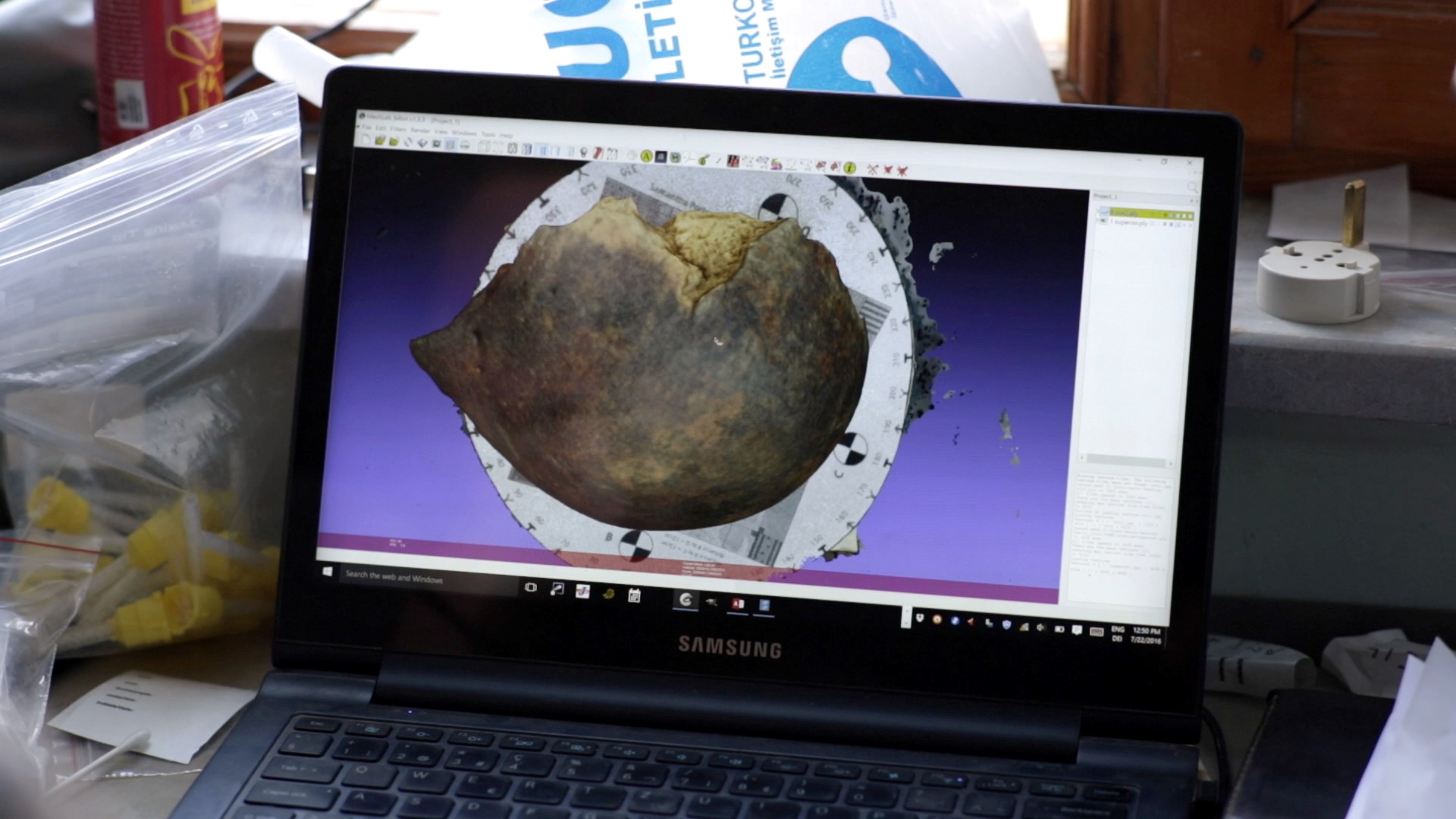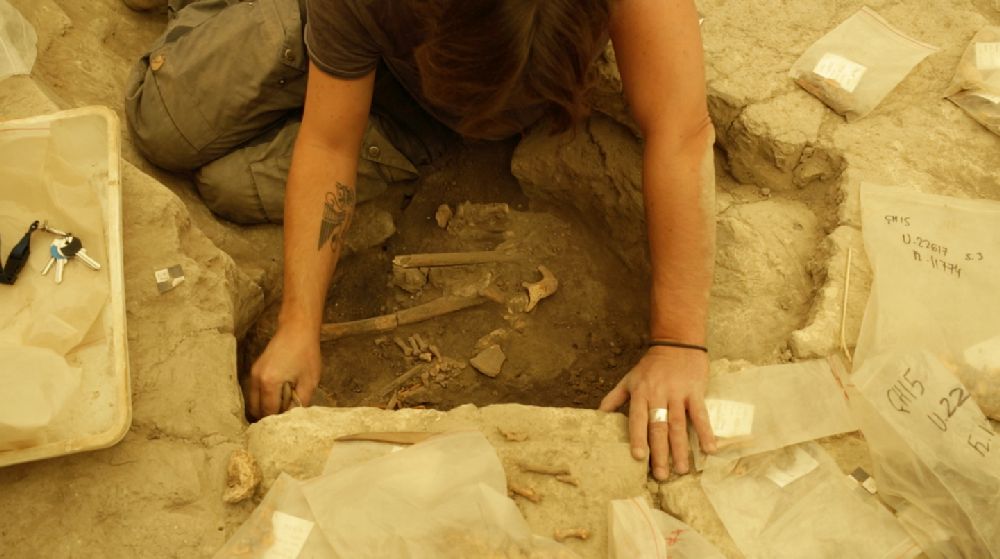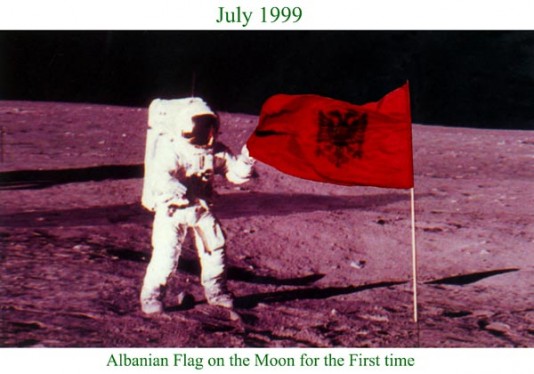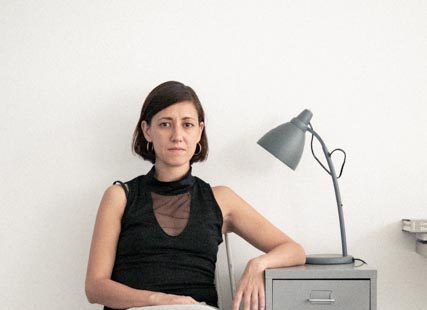Italy, Visual Arts, 2018
Rossella
Biscotti
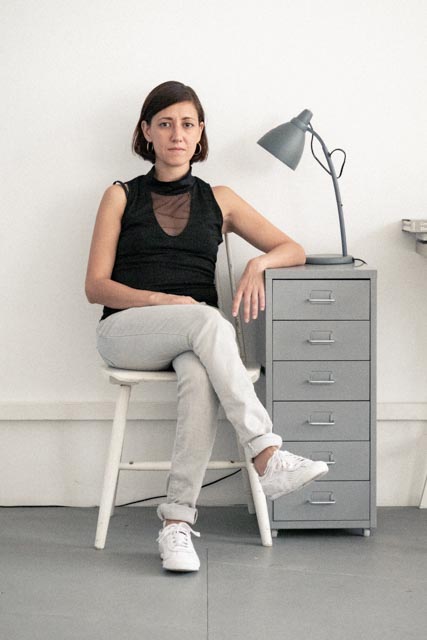
Like an archaeologist of twentieth-century history, Rossella Biscotti (b. 1978) reconstructs forgotten moments of the past through film footage, objects, and extensive research, re-linking these with the present through a contemporary examination of the significance of the hidden materials she recovers and reanimating these through re-enactments. Her work includes video and audio works, photographs, installations, and performances that question the notion of time in all its dimensions—historical, real, fictional.
Biscotti’s research is not limited to archives, but also involves personal encounters and oral interviews so that new histories are created around the officially written history and individual memories are brought to life in the present.
The starting point of her work is often the silent legacy of the architecture of historical locations and monuments. The work Il Processo (The Trial), begun in 2010 and ongoing since then, deals with the Aula Bunker in Rome, a high-security court building designed by the rationalist architect Luigi Moretti and built in 1934 at the Foro Italico in Rome. The trial known historically as “Processo 7 Aprile” was held there, in which members of the extra-parliamentary left-wing group Autonomia Operaia—including Antonio Negri, Paolo Virno and other intellectuals—were charged with being ideologically and morally responsible for Italian terrorism in the 1970s. Biscotti started her research in conjunction with a photography project on fascist architecture in Italy in 2006, just before the courthouse was converted into a sports museum. Before being demolished during renovations, Biscotti was able to salvage several elements, such as wooden benches and keys, and made casts of the courtroom’s architectural details, which were then transformed into abstract-minimalist concrete sculptures.
A central component of the installation, which was shown at dOCUMENTA (13), among others, is an eight-hour Radio Radicale-initiated recording of the trial against members of the Autonomia Operaia, which took place between 1982 and 1984 in Rome, and which has been meticulously reconstructed within the history of the movement. As part of the installation, the transcribed recordings were performatively translated by professional simultaneous interpreters from Italian into various languages, thus reactivating the historical testimonies in the present through voice and body.
In a further step of embodiment, the English translation commissioned by Biscotti was recited in reading performances by various people from the artist’s social circle, which were, in turn, recorded live by a shorthand typist. Thus, the trial remains in motion through speech and retransmission, its statements stay alive for the present time—the ideas of the Italian Autonomia movement on creativity, work, and capital still remain highly topical.
Text: Eva Scharrer


